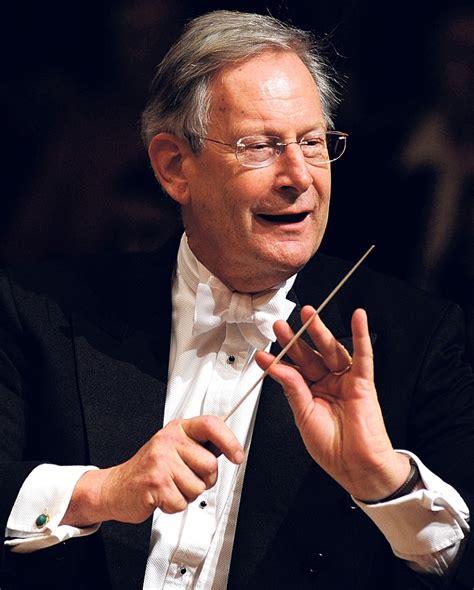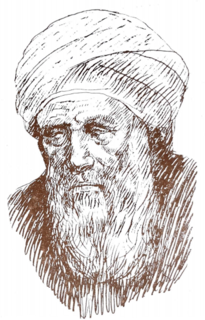A Quote by Yuval Noah Harari
Humans have two kinds of abilities: physical and cognitive.
Related Quotes
When humans act like animals, they become the most dangerous of animals to themselves and other humans, and this is because of another critical difference between humans and animals: Whereas animals are usually restrained by the limits of physical appetites, humans have mental appetites that can be far more gross and capacious than physical ones. Only humans squander and hoard, murder and pillage because of notions.
It has been an obsession of human beings to create a hierarchy that places the human species on top and lumps all the "other animals" together beneath us. The resulting "speciesism" allows us to look upon animals as less deserving of all manner of rights and considerations than humans. To support this lower status, humans have argued that animals act instinctually; don't have souls; don't feel physical pain like we do; and lack self-consciousness, cognitive intelligence, emotional feelings, morality, and ethics.
Comparing the three domains, I found that for jobs of all kinds, emotional competencies were twice as prevalent among distinguishing competencies as were technical skills and purely cognitive abilities combined. In general the higher a position in an organization, the more EI mattered: for individuals in leadership positions, 85 percent of their competencies were in the EI domain.
As the nature deficit grows, another emerging body of scientific evidence indicates that direct exposure to nature is essential for physical and emotional health. For example, new studies suggest that exposure to nature may reduce the symptoms of Attention Deficit Hyperactivity Disorder (ADHD), and that it can improve all children's cognitive abilities and resistance to negative stresses and depression.
What I argue is that talk of knowledge plays an important role in theories within cognitive ethology. The idea is this. First, one sees cognitive ethologists arguing that we need to attribute propositional attitudes to some animals in order to explain the sophistication of their cognitive achievements.
Vampires as creatures have evolved over time as different vampire bloodlines have hit different populations of humans. Every once in a while the blood will make something new and mutate into a new species with different powers, abilities, weakness, physical characteristics, and so on. I don't want to give anything away, but there are whole species and branches that date all the way back to pre-modern times.







































